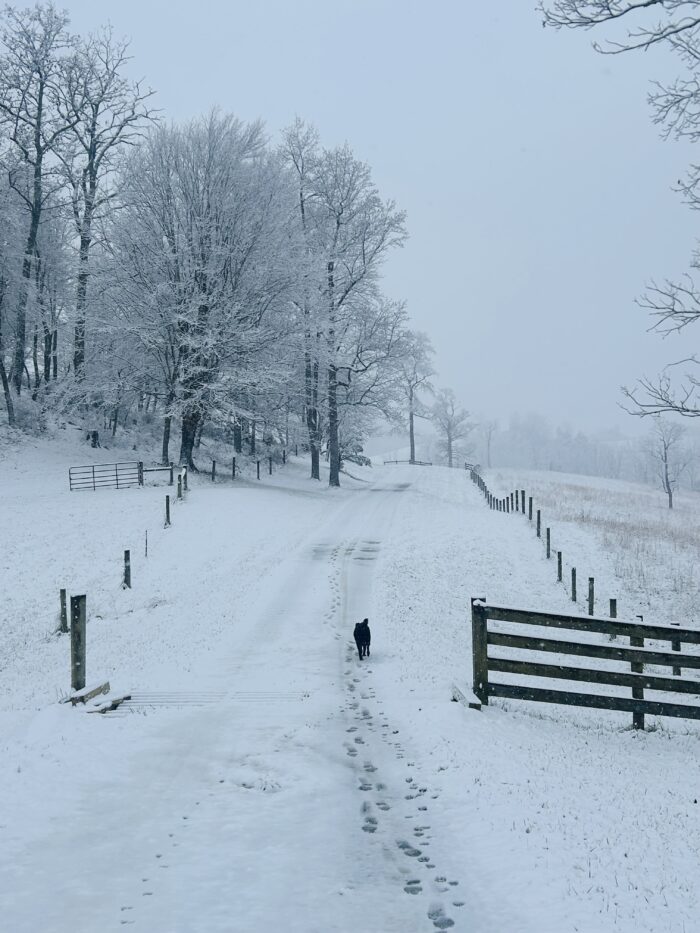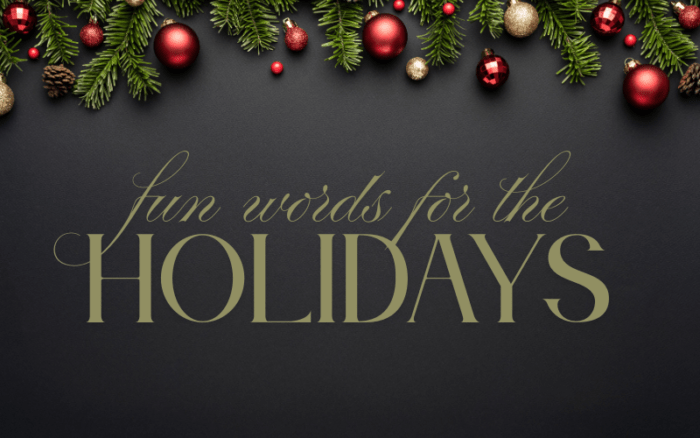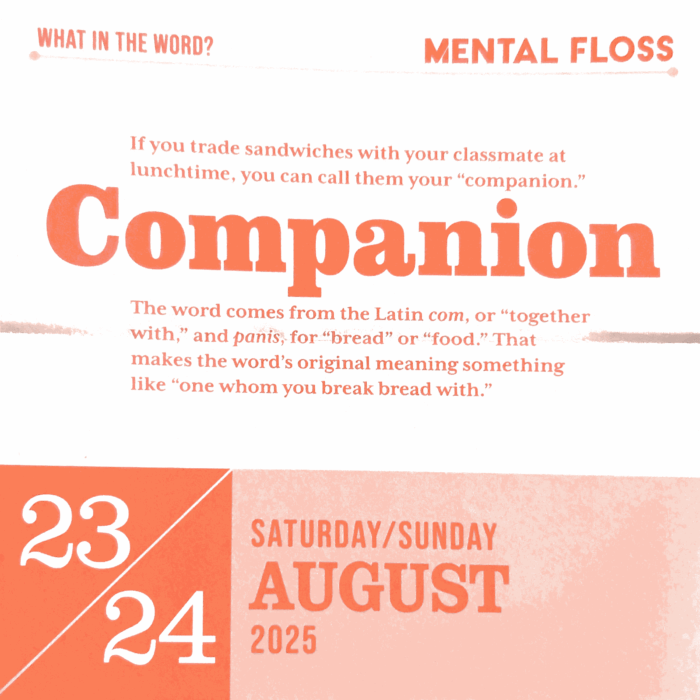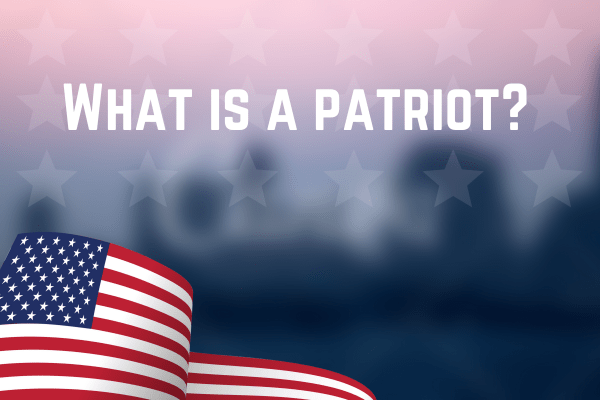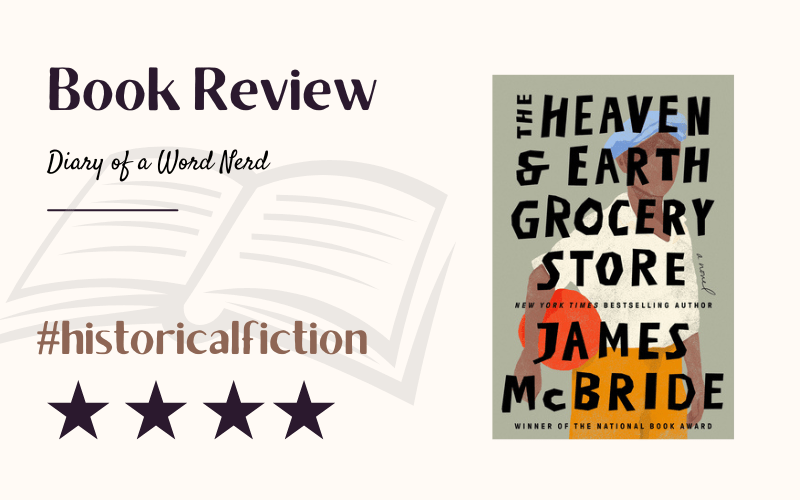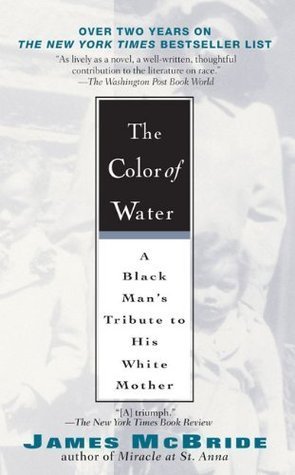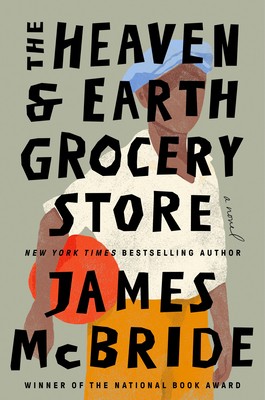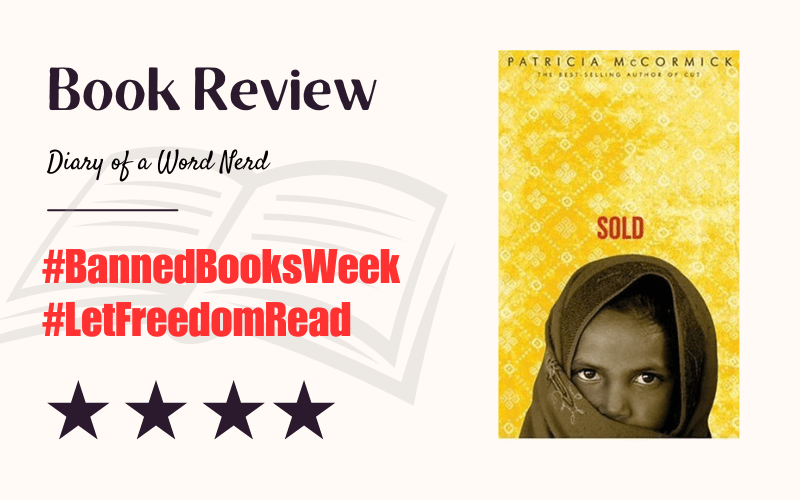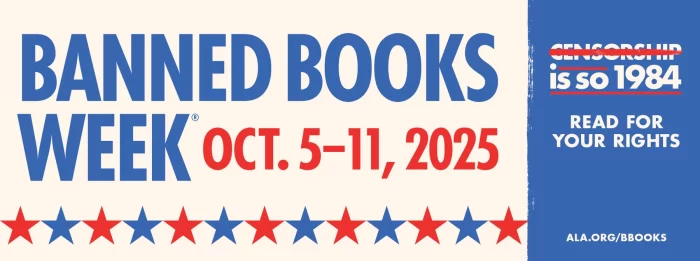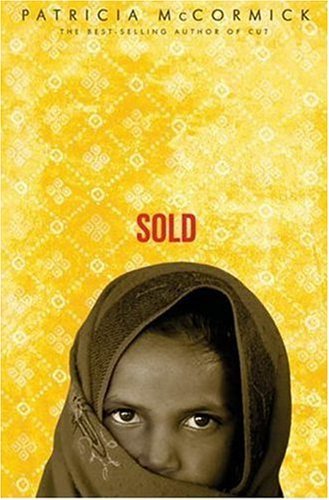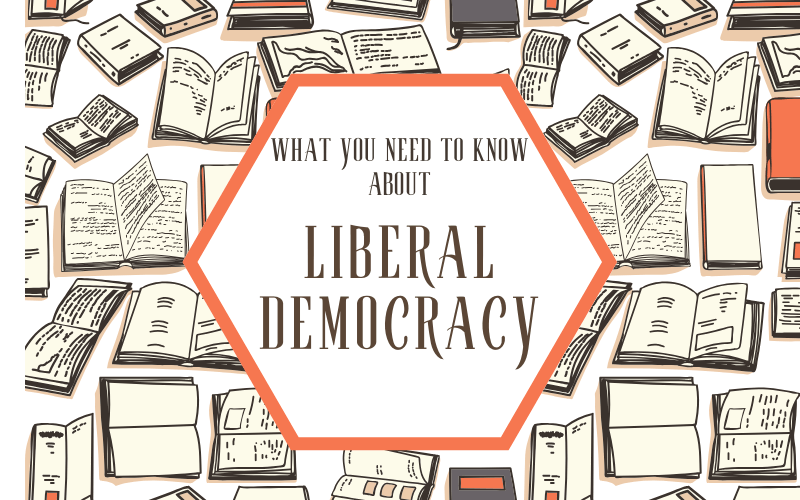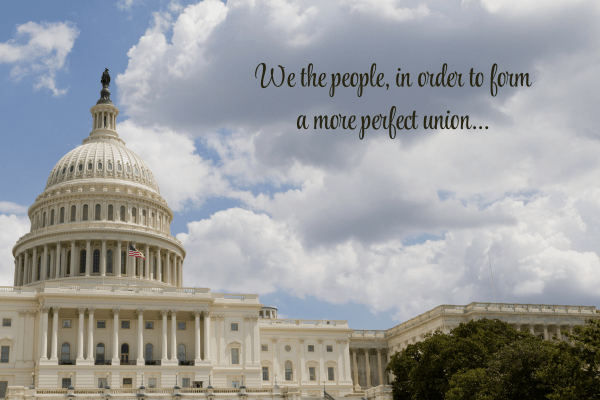I’m managing holiday stress this year with a few important tricks. First, a regular evening walk with my dog Scout. Even when it’s cold and I don’t want to go, she does. And it’s good for my physical and mental health. So, we move.
And of course, any true Word Nerd finds fun at the holidays by learning something about the words of the season! This week, I’ve got some interesting tid bits about the holiday terms yule and troll.
That’s right. Troll.
What? Troll doesn’t immediately conjure up images of holly and ivy? Instead, are you thinking about the giant Cave Troll from Harry Potter? Or the creatures who terrorized Bilbo in The Hobbit? Or perhaps the annoying people who post inflammatory comments on the internet? All of those are valid meanings for troll, but there is yet another.
The origins of troll
According to Merriam Webster, troll can be used as a verb to mean “to sing the parts of something (as in a round), to sing loudly, or to celebrate in song.” And yes, you have belted out “troll” during the singing of a Christmas Carol. Can you guess which one?
Here are the lyrics to the end of the first verse of “Deck the Halls:”
Don we now our gay apparel
Fa-la-la, la-la-la, la-la-la
Troll the ancient Yule-tide carol
Fa-la-la-la-la, la-la-la-la
FYI, “Deck the Halls” was originally a Welsh song from the 16th century. It was used for a drinking competition on New Year’s Eve. In 1862, a Scottish musician named Thomas Olifant penned English lyrics for the Welsh tune. His words celebrate the fun of decorating for Christmas and singing with joy. Hence, the use of troll.
Merriam Webster points out that the verb troll is “Probably ultimately a sound-symbolic verb whose divergent meanings are difficult to reconcile historically, suggesting multiple creations or sources.” The site suggests that the singing meaning for troll could from the Middle English word trollen “to roll, rock (the head).”
The origin of yule
While we are on the topic of yule-tide carols, let’s take a look at yule. According to Merriam-Webster, yule means “the feast of the nativity of Jesus.” And yet, the word yule comes from the Middle English yol, from Old English geōl; akin to Old Norse jōl, a pagan midwinter festival. So how did we get from pagan holidays to the birth of Jesus?
In ancient times, people in the Mediterranean and Europe celebrated feasts around the winter solstice, December 25th. Germans had a yule festival, and Romans celebrated the pagan festival of Saturnalia by feasting and giving gifts to the poor. Most of these celebrations involved heavy drinking. Church history suggests that perhaps the Christian church chose December 25 to mark the birth of Jesus to keep the faithful from indulging in these less pious activities.
However it came about, yule is now practically synonymous with Christmas. (which came from Christ’s Mass!)
And now you have something to talk about at holiday parties besides football and politics. You’re welcome.
What fun holiday words have you learned or would like to learn more about? Share in the comments.
- Add links to other relevant posts here (and in newsletter)
Happy holidays!
Thanks for getting nerdy with me!




